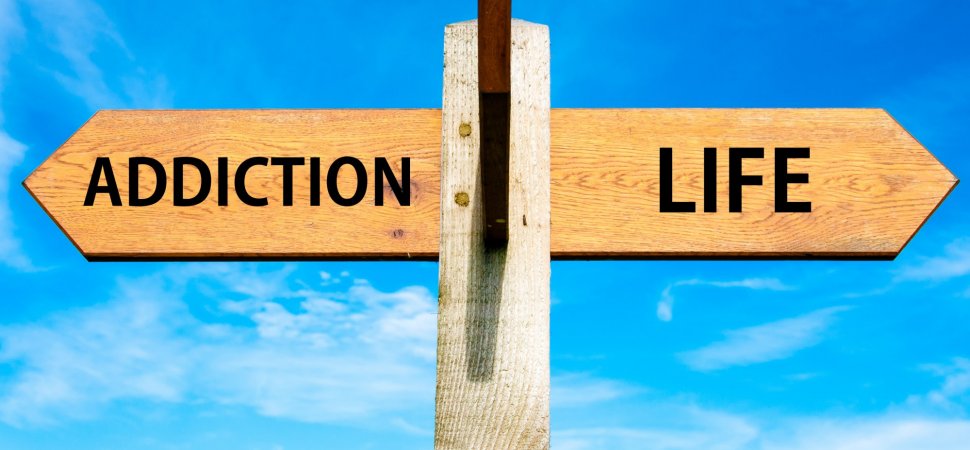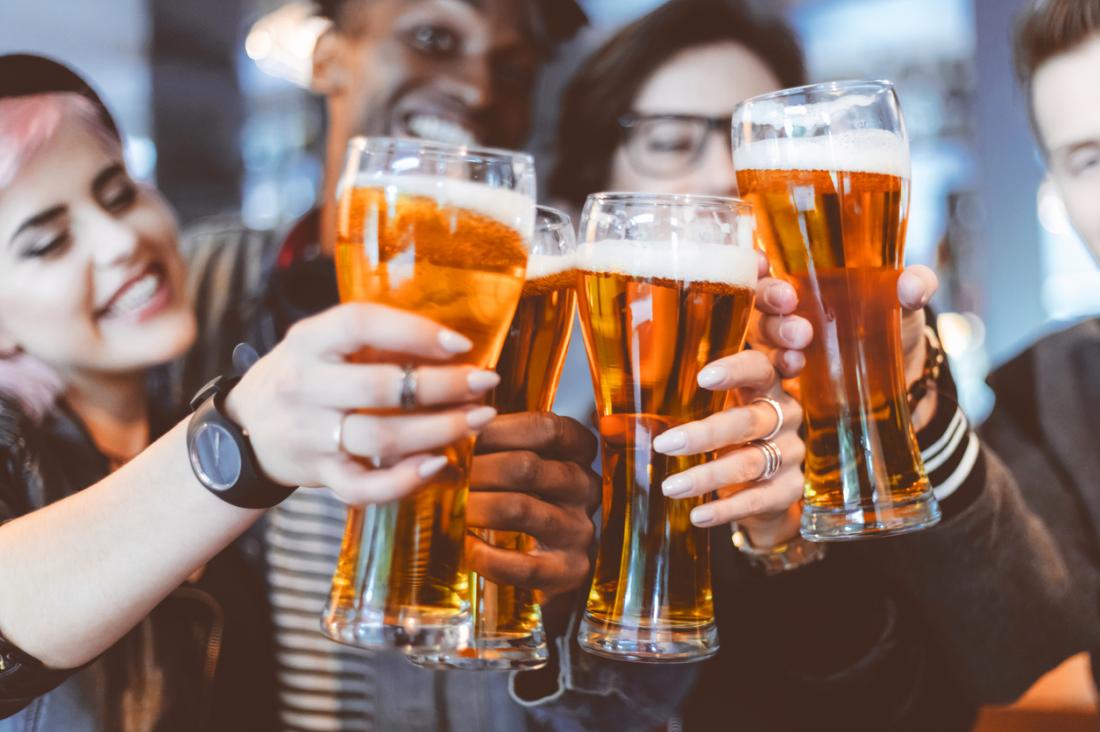
Do people sometimes tell you to just let go? It is not always easy. The truth is, change is hard. Furthermore, letting go, for many of us, is new. To let go means we’re enacting new behavior. Many of us hold on to things when we’re actively drinking and drugging. We hold on to resentments, fears, anger, betrayals, frustrations, self-doubt; the list goes on. Our mental health and well-being depend on our capacity for self-care. So, what does it mean to let go? And, more importantly, how do we do it?
What Does it Mean to Let Go?
The best apology is changed behavior. If you or someone you love is in recovery, you may know this statement to be true. But sometimes, even after we have changed our behavior in sobriety, something chips away at our progress and confidence: guilt and shame. Guilt and shame can be an indicator of how we don’t want to be. So often though, these negative states become chronic companions, controlling our thoughts, our feelings, and our behaviors. What can we do? Even after our families and friends have forgiven us, we may continue to harbor these heavy emotions because we have not forgiven ourselves.
When we make mistakes, especially large ones, we may let it define us. Hence, we label ourselves. “I’m a terrible mother.” “I am a horrible person.” “We should have known better.” “It’ll never change.” And perhaps the worst of them all, “I don’t deserve to be loved or to be happy.” These feelings stem from not feeling we are enough. Thankfully, none of these statements have to be true. Furthermore, we are in control.
Defining Ourselves: Self-Awareness and Forgiveness
The first step to emotional well-being is reminding yourself that you are worthy. This is no easy feat. To start, we must know that we do deserve love, no matter what we have done, and that we can move forward. When we refuse to release our guilt and shame, we are in essence bringing the past into the present and creating more of the same. We become stuck. The experience might be familiar to many of us. Perhaps we did something embarrassing when drinking or drugging (um, haven’t we all?!) We may still feel shame and continue to grovel and apologize as if we just made the mistake this morning. What’s more, we punish ourselves with guilt and remorse. This self-abuse is no different than our addictive patterns. In fact, it mirrors our low self-worth. In addition, it erodes our relationships. Sometimes, when we exhaust our amends list and apologize to every person in our lives, we may still owe ourselves an apology. “I am so sorry I constantly put you in danger, abuse you, and neglect your needs and feelings.” Softening towards ourselves can be a crucial part of self-forgiveness and releasing guilt.
How to Let Go of the Past
The past cannot be changed so it does little good to dwell and stew in our mistakes thinking, “if only…”. We were different people then. We did not have the knowledge of self, wisdom and experience that we have now. Looking back, we were probably doing the best we could with the pain and misery inside us. Today, however, our best looks very different. Upon accepting your past behavior, knowing that you cannot change it, but recognizing that we no longer wish to behave in that way, we can finally move forward in peace as a changed person.
No matter what you have done in the past, you deserve love now. You can let go, and move forward. You deserve to be happy, and you can be.
For those of us in recovery, even after we change our behavior we may hold onto our mistakes and allow them to continue to eat us alive: guilt. To truly accept forgiveness, we often need to forgive ourselves. But how? How can we forgive ourselves for what we did, the lies we told, the pain we caused? It can be helpful to picture yourself as a friend with a list of mistakes or harms done. You would probably reply in kindness and compassion with, “we love you, we forgive you, that’s all in the past now.” Why is it that we hold ourselves to such unreasonable standards and are so much softer towards friends and those we love. To forgive oneself is one of the greatest acts of self-care. Holding on to guilt is a form of self-punishment, only hurting ourselves further. Consequently, we are also most likely frustrating those around us. Therefore, letting go is true forgiveness.
You deserve love no matter what you have done.
We do not deserve to be punished and suffer forever.
Allow yourself to be happy and feel peace.
Let go and let yourself be loved.
Image courtesy of unsplash













